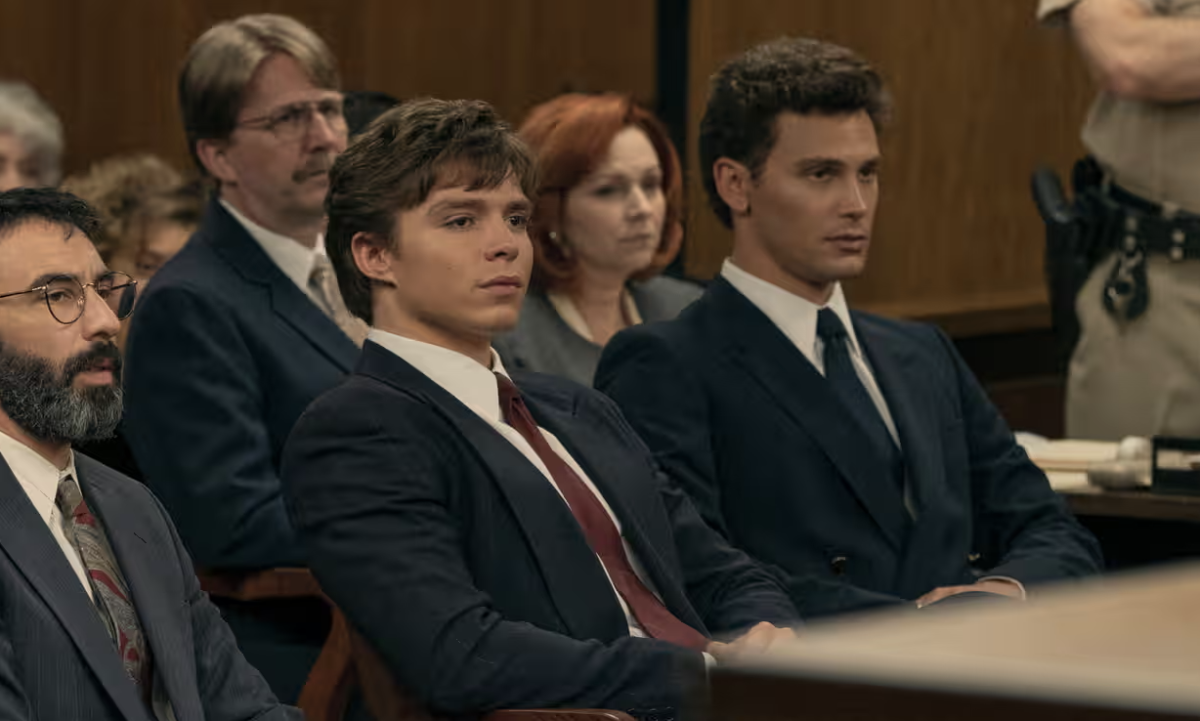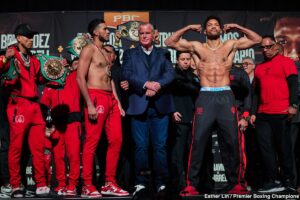
Critique of Ryan Murphy’s ‘Monsters’: Misrepresentation of the Menendez Brothers’ Story
In September 2024, playwright Ryan Murphy stirred controversy with the promotion of his new true crime series titled “Monsters,” which focuses on the highly publicized case of the Menendez Brothers. This series, which dramatizes the story of Erik and Lyle Menendez—convicted of murdering their parents in Beverly Hills in 1989—has drawn sharp criticism for its portrayal of the brothers and the events surrounding their notorious case. Despite numerous documentaries and dramatizations, Murphy’s interpretation stands out for its inaccuracies and insensitivity.
The Misrepresentation of a Tragic Story
Many viewers mistakenly believe that “Monsters” is a documentary, but this series strays far from factual representation. While it has sparked renewed interest in the case, it perpetuates a misleading narrative that suggests the brothers killed their parents for fame rather than as a desperate act of self-defense against years of abuse. This distortion reduces their complex lives to mere entertainment fodder, inviting a culture of mockery and misunderstanding.
The Background of the Case
On the night of August 20, 1989, Erik, then 18, and Lyle, 21, killed their parents, claiming they feared for their own lives due to years of sexual and emotional abuse at the hands of their father. The brothers initially staged the crime scene to resemble a mafia hit, maintaining this facade until their arrest in March 1990. Media outlets quickly labeled them as “rich kid killers” and “monsters,” further entrenching their public image as villains rather than victims.
During their first trial in 1993, the brothers confessed, revealing the trauma they had endured. However, the prosecution painted a different picture, erroneously suggesting that financial motives drove their actions. The first trial ended in a hung jury, leading to a second, more restrictive trial that limited the evidence of their abuse. Ultimately, the brothers were convicted of first-degree murder in 1996 and sentenced to life in prison without parole.
The Flawed Narrative of “Monsters”
One of the most glaring issues with Murphy’s series is its portrayal of Lyle Menendez as arrogant and manipulative. The show depicts him as someone who rehearsed emotional displays for the jury, a characterization that Erik Menendez himself has vehemently denounced. In a letter to the media, Erik expressed his frustration with the series’ “caricature” of Lyle, suggesting that it was a deliberate misrepresentation of their lives.
Moreover, the series fails to capture the nuances of Lyle’s character, particularly his compassion and vulnerability. Instead, it reduces him to a stereotype, undermining the decades of advocacy and personal growth he has achieved while incarcerated. Lyle has actively sought to support other abuse survivors, a fact that remains unacknowledged in “Monsters.”
Criticism from Within the Community
The backlash against the portrayal of the Menendez brothers has extended beyond public opinion. Actors Nicholas Alexander-Chavez and Cooper Koch, who play Lyle and Erik, respectively, have faced scrutiny regarding their roles. While Koch has openly supported the brothers, Chavez has drawn criticism for his neutral stance, raising questions about the responsibilities that come with portraying victims of abuse on screen.
The Impact of Stereotypes
Murphy’s “Monsters” perpetuates harmful stereotypes about male sexual abuse victims, subtly implying that such experiences could lead to sexual orientation confusion or inappropriate relationships. This portrayal not only trivializes the brothers’ experiences but also harms the broader community of male survivors who struggle to be believed and supported. Such narratives can deter genuine conversations about male victimhood and trauma.
Looking Ahead
The Menendez brothers, now in their fifties, continue to await resentencing hearings, which have been postponed several times. They have both demonstrated significant rehabilitation efforts during their time in prison. Erik has engaged with terminally ill inmates and led classes on meditation and spirituality, while Lyle has become a representative for his fellow inmates, advocating for their rights and well-being.
These positive contributions are overshadowed by the sensationalism of “Monsters,” which opts to focus on a distorted view of their actions rather than the complexities of their lives and the societal issues they represent. The series not only undermines the brothers’ journey toward redemption but also contributes to the ongoing stigmatization of sexual abuse victims, particularly males.
As the narrative surrounding the Menendez brothers continues to evolve, it is essential to seek out balanced portrayals and factual representations of their story—one that honors their experiences rather than sensationalizes them for entertainment. By doing so, we can foster a more nuanced understanding of trauma and resilience in the face of overwhelming adversity.

